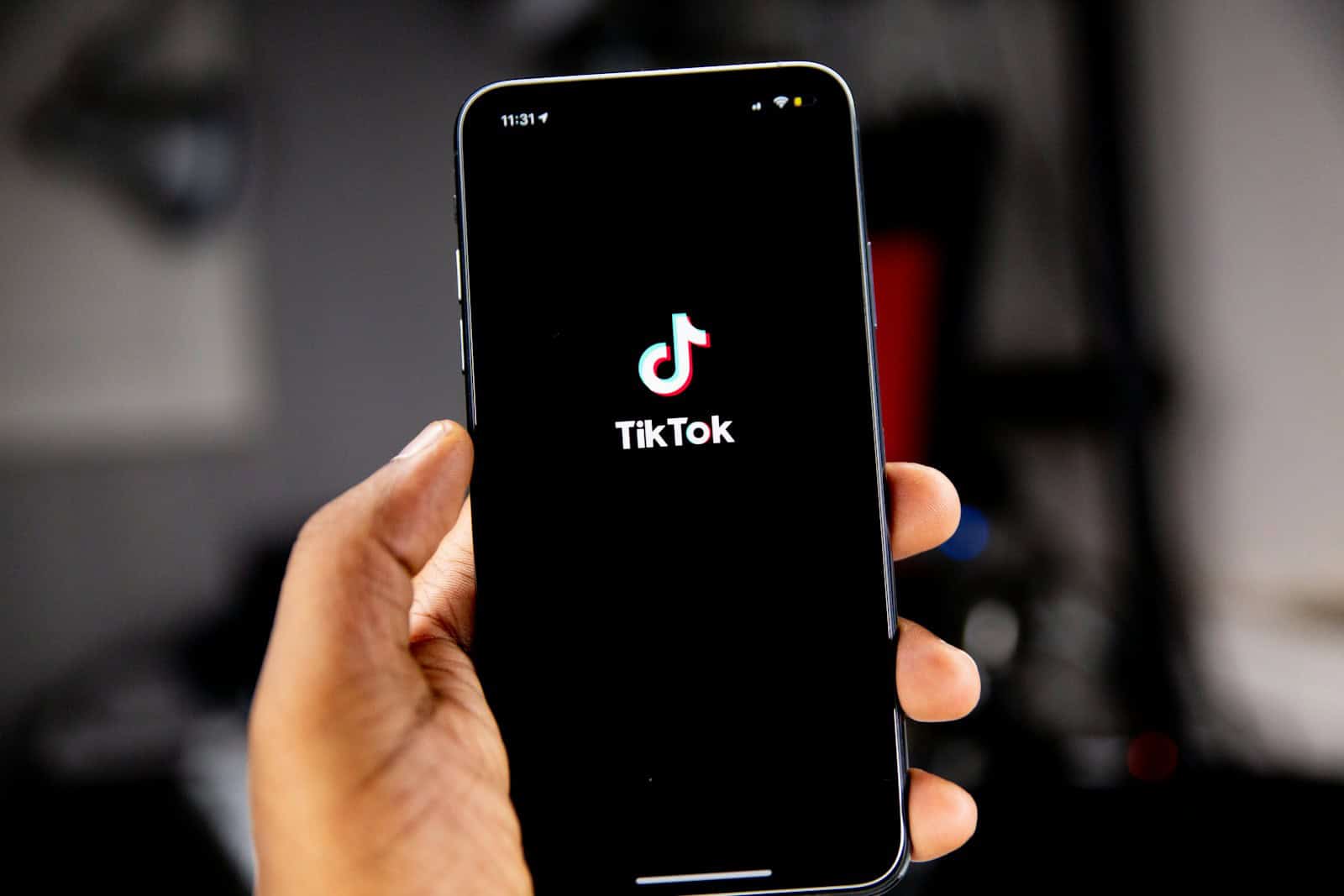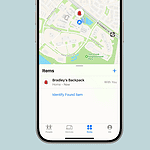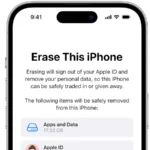TikTok announced plans to restore services in the United States after a brief shutdown. The popular video-sharing app went offline to comply with a new law requiring Chinese-owned companies to divest or face a ban. Despite TikTok’s efforts to resume operations, users still cannot download the app from Apple’s App Store or Google Play Store.
The app remains unavailable for download due to ongoing concerns about national security risks associated with its Chinese ownership. TikTok’s website and existing installations appear to be functioning for some users, but new downloads are blocked. This situation leaves potential new users unable to access the platform through official channels.
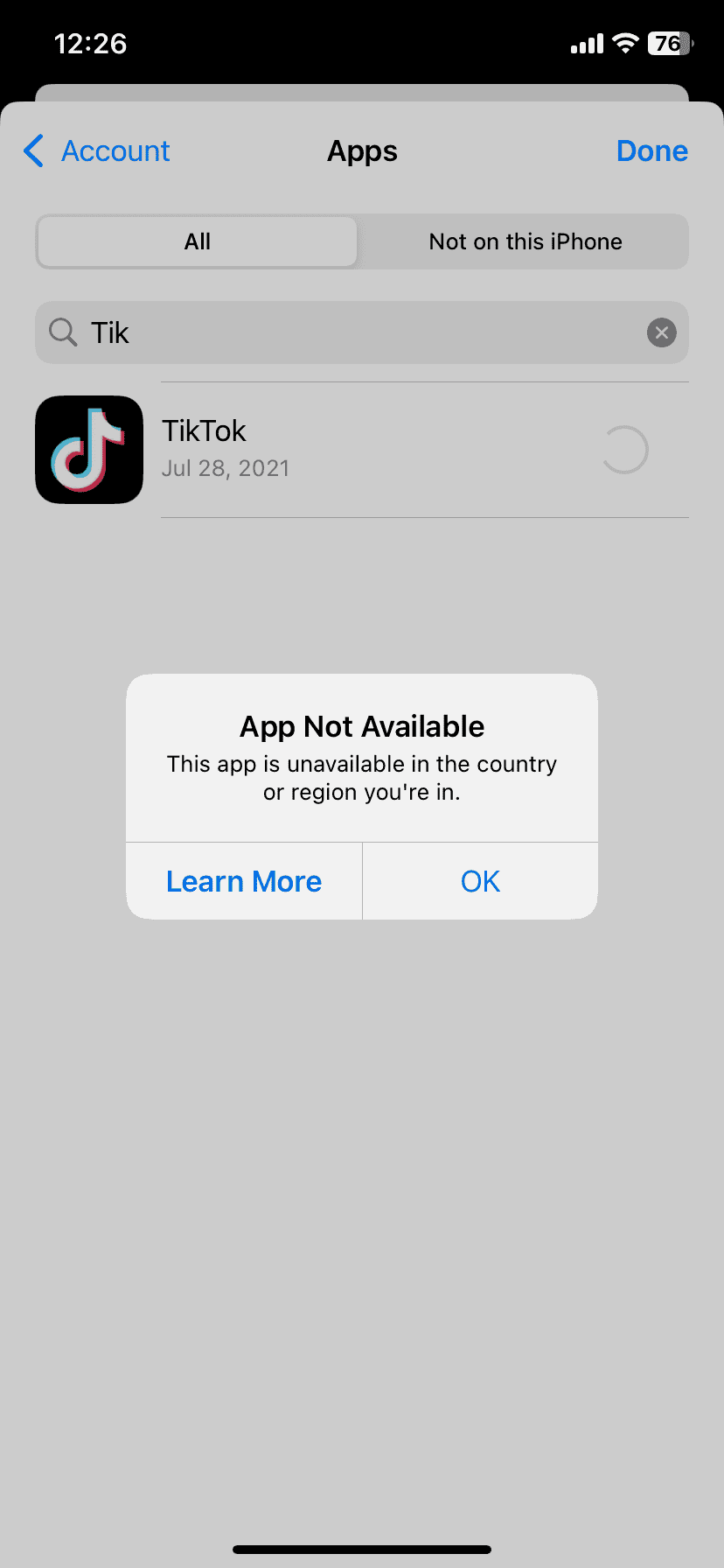
TikTok’s competitors have seen increased interest during this disruption. Apps like Red Note and Likee have climbed the rankings in app stores, potentially benefiting from TikTok’s temporary absence. The long-term impact on TikTok’s user base and market position remains uncertain as the company navigates regulatory challenges in the US.
TikTok’s Partial Return: Navigating the App Store Delay
The Situation: Service Restored, but App Store Access Limited
TikTok recently announced the restoration of its services in the United States after a brief period of unavailability. However, a key element remains unresolved: the app’s reappearance in major app stores. While users who already have TikTok installed should see the app functioning again, new users and those who uninstalled it are facing a hurdle. They cannot yet download or reinstall the app from the Apple App Store or Google Play Store. This creates a divided user experience, with some able to use the platform and others temporarily locked out.
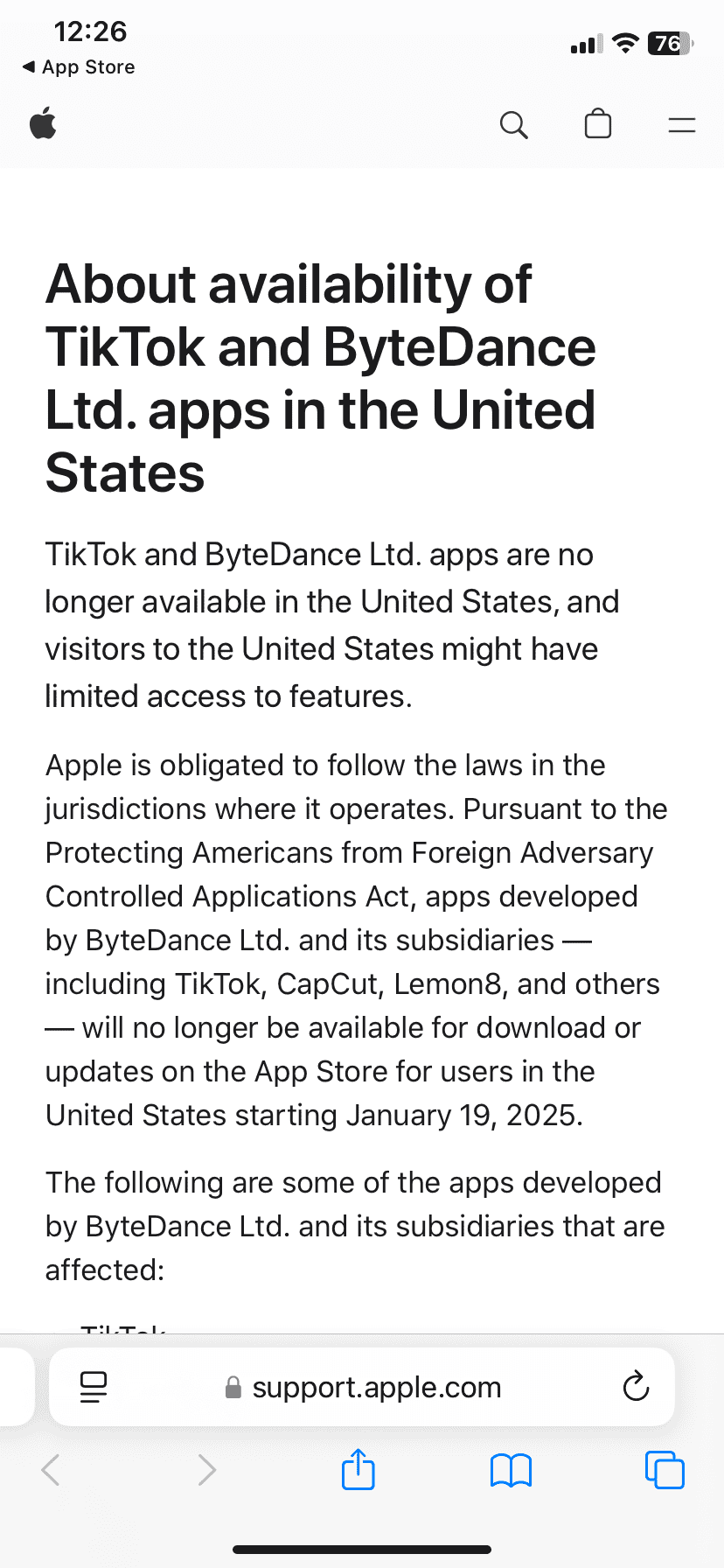
Why the App Store Delay?
The reasons behind this delay are likely tied to the legal and regulatory challenges that led to the initial service disruption. Even though TikTok has managed to restore its core service, the process of reinstating the app in app stores involves approvals from Apple and Google. These companies have their own review processes and may be waiting for further clarification or official rulings related to TikTok’s legal standing in the U.S. It is also possible that TikTok is working to implement changes to address concerns about data privacy and security, and these changes need to be reviewed by the app stores before the app is relisted.
What This Means for Users
For existing TikTok users, the restored service means they can once again access their accounts, watch videos, and create content. However, they cannot share the app with friends who don’t already have it, limiting organic growth. New users are completely unable to join the platform at this time. This situation creates a temporary barrier to entry for those who are interested in using TikTok for the first time.
Comparison of App Store Policies
Both Apple and Google have guidelines for apps listed in their stores. These guidelines cover various aspects, including user privacy, security, and content moderation. While the specific details of TikTok’s situation are unique, it’s helpful to understand the general policies of these app stores.
| Feature | Apple App Store | Google Play Store |
|---|---|---|
| Review Process | Known for stricter and more thorough reviews | Generally faster review times, but still has guidelines |
| Focus | Emphasis on user privacy and security | Open ecosystem with broader range of apps |
| Enforcement | Strict enforcement of guidelines, apps can be removed | Also enforces guidelines, but with more flexibility |
Alternative Platforms During the Delay
While waiting for TikTok to return to app stores, users can explore alternative short-form video platforms. These include:
- Instagram Reels: Integrated within the Instagram app, Reels offers similar short-video creation tools.
- YouTube Shorts: YouTube’s answer to TikTok, offering a vast library of music and integration with the YouTube platform.
- Snapchat Spotlight: Snapchat’s platform for user-created short videos.
The Future of TikTok in the U.S.
The ongoing legal battles and regulatory scrutiny surrounding TikTok raise questions about its long-term future in the U.S. While the restoration of service is a positive sign for users, the app store delay highlights the uncertainties that remain. The outcome of these legal and regulatory processes will ultimately determine TikTok’s continued availability and accessibility in the U.S. market.
The situation with TikTok also brings up a wider discussion about data privacy and the role of social media companies. Many platforms collect user data, and this data can be valuable for advertising and other purposes. Users should be aware of the data that these apps collect and how it is used. They should also take steps to protect their privacy online, such as reviewing privacy settings and being cautious about what information they share.
Key Takeaways
- TikTok announced service restoration but remains unavailable for download in US app stores
- Existing users may access the app, while new users are blocked from downloading
- Competitor apps are gaining popularity during TikTok’s disruption
Overview of TikTok’s Status in the United States
TikTok recently faced service outages in the United States because of legal issues. Although the company has restored its core services, the app is still missing from major app stores like Apple’s App Store and Google Play. This means that people who already have the app can still use it, but new users and those who uninstalled TikTok can’t download it again. This situation shows the complicated relationship between legal challenges, rules, and user experience, leaving many people wondering when full access will return.
TikTok’s presence in the United States has been marked by legal challenges, national security concerns, and attempts at corporate restructuring. The app’s future remains uncertain as it navigates complex regulatory and political landscapes.
Historical Context of the TikTok Ban
In August 2020, President Trump issued an executive order to ban TikTok, citing national security risks. The order gave ByteDance 90 days to sell or spin off TikTok’s U.S. operations. This move sparked legal battles and negotiations between ByteDance and potential U.S. partners.
TikTok fought the ban in court, arguing it violated the First Amendment. Federal judges blocked the ban’s implementation, allowing the app to continue operating. The Biden administration later revoked Trump’s order but maintained scrutiny of the app.
Implications for ByteDance and Partnering U.S. Companies
ByteDance explored partnerships with U.S. companies to address security concerns. Oracle emerged as a potential technology partner, proposing to host TikTok’s U.S. user data and oversee its algorithms.
The proposed deal aimed to create a new entity, TikTok Global, with majority U.S. ownership. However, the plan faced hurdles:
- Disagreements over ownership structure
- Concerns about ByteDance’s continued involvement
- Changing political landscape
These challenges left the partnership in limbo, with ByteDance retaining control of TikTok’s U.S. operations.
Legal and Policy Developments
Congress has taken steps to address perceived threats from TikTok. Key developments include:
- The RESTRICT Act: Proposed legislation to give the government more power to regulate foreign-owned apps.
- State-level bans: Many states prohibited TikTok on government devices.
- Congressional hearings: TikTok’s CEO faced questioning about data privacy and Chinese government influence.
The Supreme Court’s decision to uphold a law banning TikTok has significant implications. It raises questions about:
- First Amendment protections for social media platforms
- The balance between national security and free speech
- The future of foreign-owned tech companies in the U.S.
These ongoing legal and policy challenges continue to shape TikTok’s status in the United States.
Frequently Asked Questions
The TikTok ban has sparked numerous questions among users and creators. This section addresses key concerns about the reasons behind the ban, user reactions, alternatives, and potential solutions.
What are the reasons behind the TikTok ban in the USA?
Security concerns are the primary reason for the TikTok ban in the USA. The U.S. government worries about data privacy and potential Chinese government access to user information. TikTok’s Chinese ownership has raised suspicions about possible data misuse.
The app’s popularity among young Americans has also heightened concerns about its influence. Officials fear TikTok could be used for propaganda or misinformation campaigns.
How have users reacted to the TikTok ban?
Many TikTok users have expressed frustration and disappointment. Some are actively seeking alternatives to maintain their online presence and connections.
The ban has led to a surge in downloads of other social media apps. Users are exploring platforms like Instagram Reels and YouTube Shorts as potential replacements.
What alternatives are available for TikTok if it remains banned?
Several apps offer similar features to TikTok. Instagram Reels allows users to create short-form videos with music and effects. YouTube Shorts provides a platform for vertical, short-form content.
Other alternatives include Triller, Dubsmash, and Byte. These apps aim to fill the gap left by TikTok, offering video creation tools and social networking features.
How is the ban of TikTok affecting content creators?
Content creators face significant challenges due to the TikTok ban. Many have built large followings and rely on the platform for income and brand partnerships.
Creators are now scrambling to migrate their audiences to other platforms. This transition can be difficult, as they may lose followers and engagement in the process.
Can using a VPN bypass the TikTok ban in the App Store?
Using a VPN might allow users to access TikTok by masking their location. However, this method is not foolproof and may violate terms of service.
App stores could still block downloads based on account information. Users should be aware of potential legal and security risks when attempting to bypass the ban.
What is the anticipated timeline for TikTok’s return to the US market?
The timeline for TikTok’s return to the US market remains uncertain. Negotiations between TikTok and US officials are ongoing.
TikTok is working to address security concerns and restore services. However, the process may take months or even years, depending on regulatory requirements and political factors.

